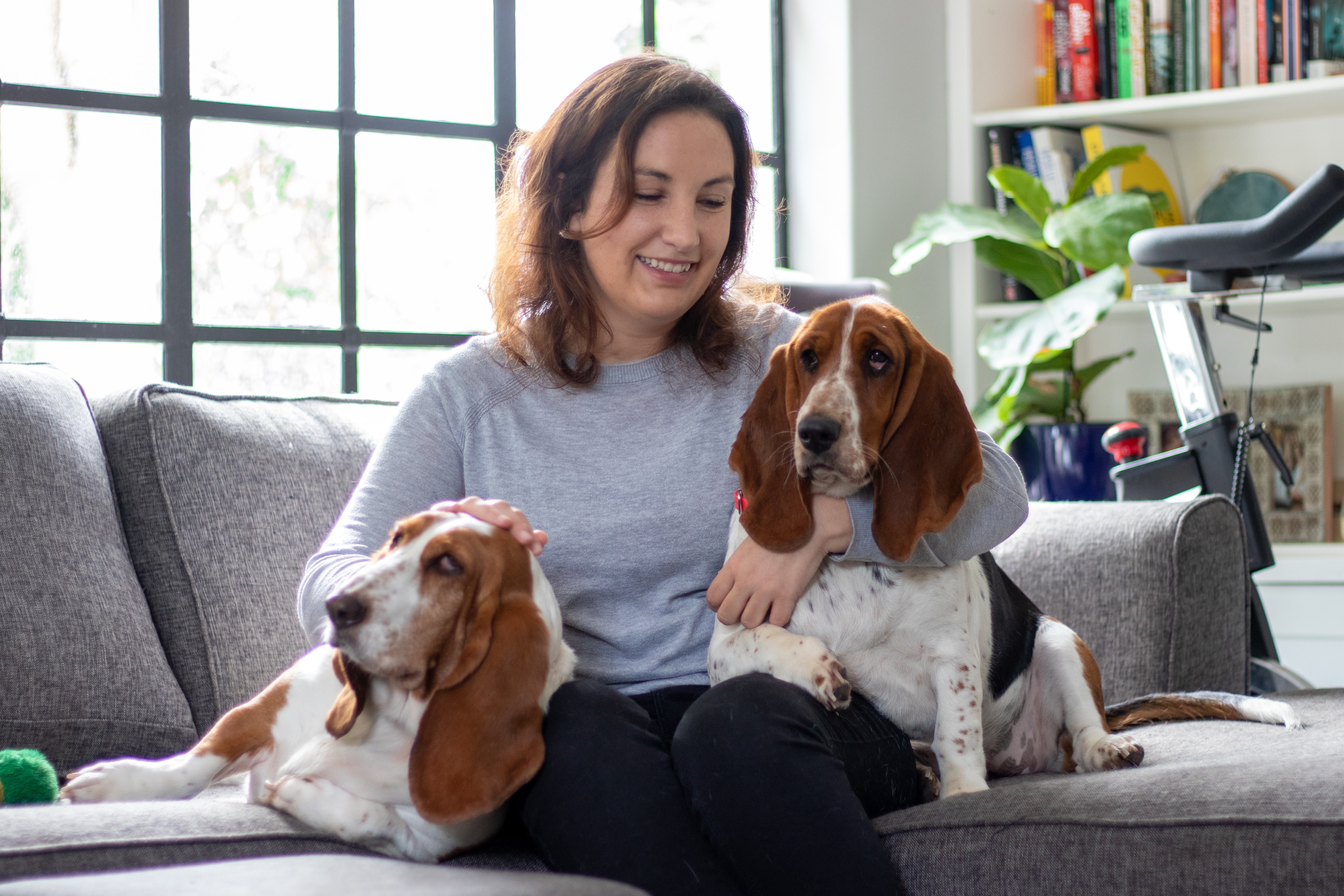
Better care and nutrition have led to our pets living longer. Older pets require more regular veterinary examinations to detect problems before they become advanced and life-threatening. Regular vet visits will help your pet live a longer and healthier life.
Pets age much faster than humans and most pet parents don’t realise that their pet is a senior. Size, breed and species influence the rate of ageing to a large extent, but in general, a pet would be considered senior at around 7 years of age, corresponding to 50-year-old human. A 15-year-old dog would correspond to an 80-year-old human! Find out how old your pet is in human years by clicking on this link:
https://www.hillstransforminglives.co.za/seniorpets/age-calculator
Older pets are more likely to develop diseases such as heart, kidney, liver disease, cancer, or arthritis. This does not mean that age itself is a disease. Although older pets may develop some of these age-related problems, continuous improvements in veterinary science and the diagnostic tests available to us veterinarians allow us to detect diseases far earlier than we were able to in the past. Earlier detection means we can intervene earlier, keeping your pet happy and healthy for longer.
These age-related changes are quite subtle to begin with, for example, sleeping more or being less excited about play than usual could be early signs of ageing. Changes to look out for include:
- Confusion regarding normal things like where their bed is and barking for no reason indicate age-related changes in your pet’s capacity to think
- As mentioned, sleeping more, and playing, running or jumping less should alert you to a reduction in your pet’s activity levels
- Reduced amount of socialisation shows a decline in your pet’s interest in interacting
- Accidents in the house can indicate a loss of control of their bladder or bowels
- Being awake more at night should alert you to a change in your pet’s sleeping patterns. Alterations in the sleep-wake cycle are a common age-related change
Now, it is important to note that one of these changes, occurring infrequently, is likely nothing to be concerned about. It is more important to be aware of what to look out for, and if you are noticing a few of these changes, or if they are occurring with increased frequency, book an appointment with your vet to discuss your concerns.
We owe it to our golden oldies to be a little bit more careful and watchful over them. Here are a few points I pay particular attention to during my Senior Consultations:
- Bad breath, red/swollen gums, questioning pet parents about their pet’s ability to chew and any changes in eating habits. These help me to identify problems with the teeth/mouth which we see more often in seniors
- Any signs of discomfort, lameness, or pain. One thing I watch very carefully is how easy it is for pet to get up once they have been lying down. This gives me really good information about the possibility of arthritis
- We weigh each pet at each visit to detect any weight loss. I will also look for signs of weakness and question pet parents about changes in drinking and eating habits. Specifically, are they drinking more or eating less, are they urinating more frequently, is there any vomiting or diarrhoea. These facts can all help me decipher if there could be an impairment in kidney function
- Asking pet parents if their pet is panting more often or if they tire easily, alongside a shortness of breath or coughing can indicate problems with the heart or lungs
- A dull coat or skin odour may indicate skin problems. I will also check for any lumps or bumps and find out from the pet parent if there has been any excessive scratching, licking or chewing, as well as if they are grooming themselves well.
Ageing is a multifactorial process that slows pets down both mentally and physically. While we can’t stop the ageing process, we can slow it down significantly with good nutrition. Ageing starts at the cellular level around 7 years of age so we should be making changes to nutrition at this time. There are many individual factors to consider, but in general I recommend a food that meets the following requirements for seniors:
- Supports the maintenance of lean muscle mass
- Controlled phosphorous and sodium levels to support kidney and heart health
- High levels of omega-3 fatty acids to reduce inflammation and maintain kidney, heart and joint health
- Glucosamine and chondroitin sulphate to support cartilage
- High levels of antioxidants to maintain healthy functioning of the brain
For more information or to book a Senior Consultation, contact Gardens Pet Clinic & Spa on 0214614333
WhatsApp 0727225015
admin@petclinicvet.com or
https://www.facebook.com/gardenspetclinic